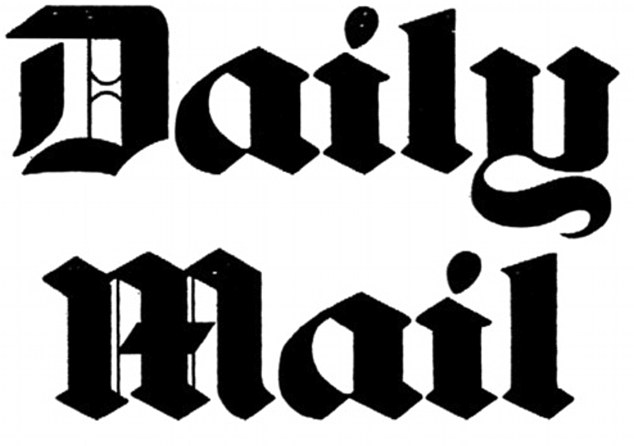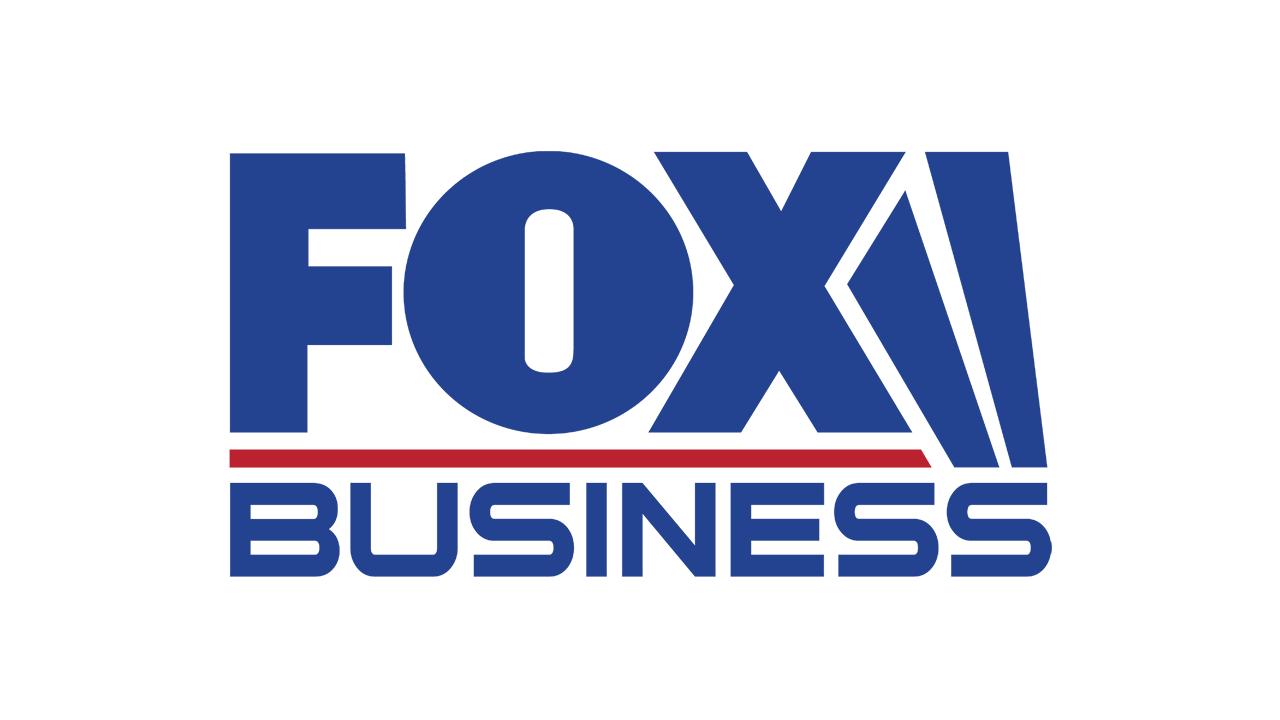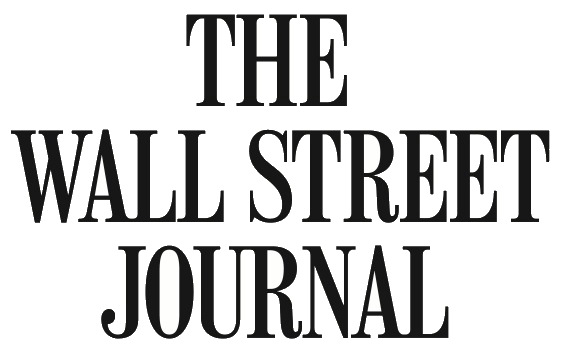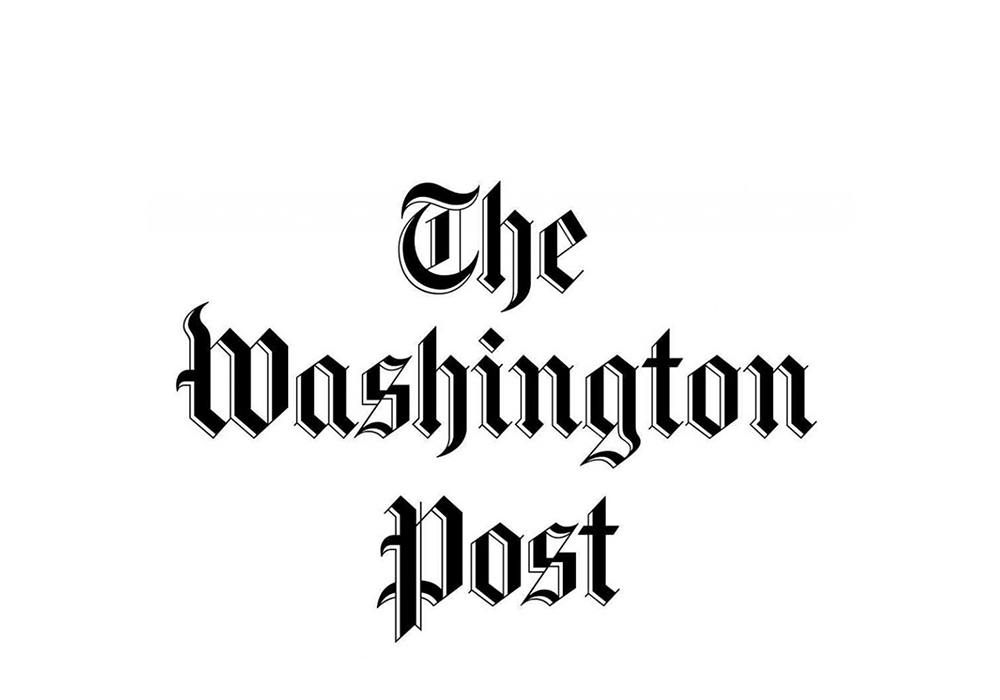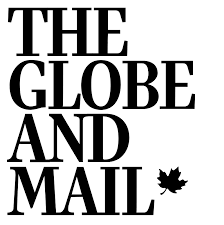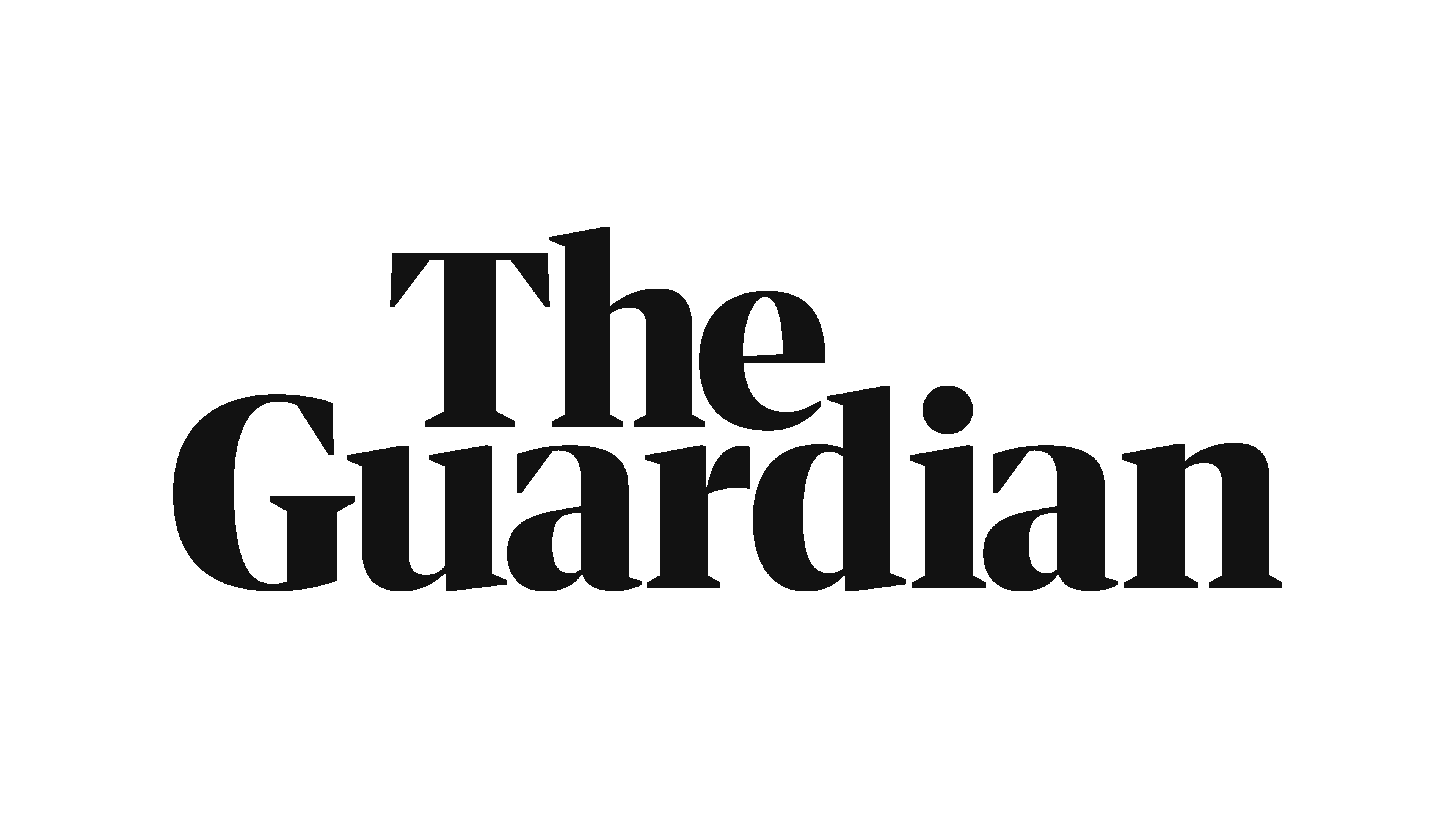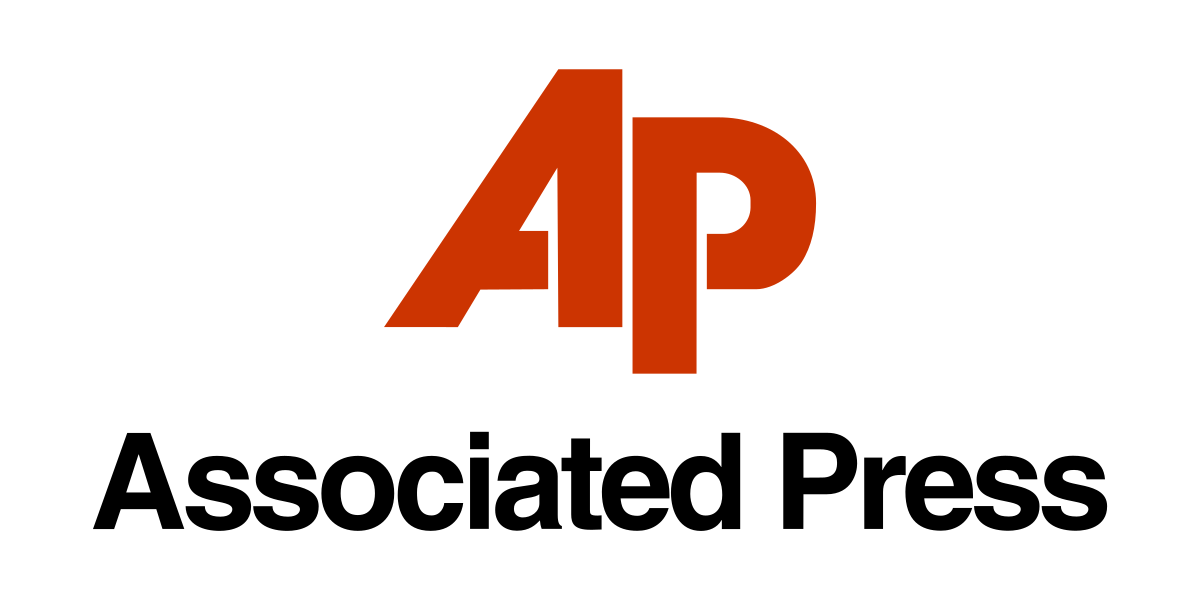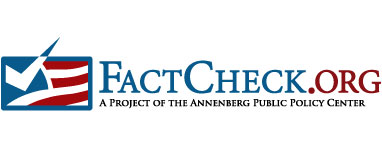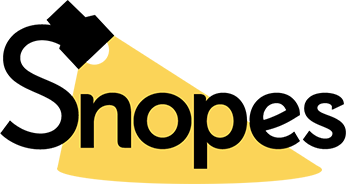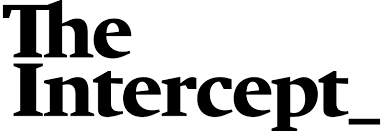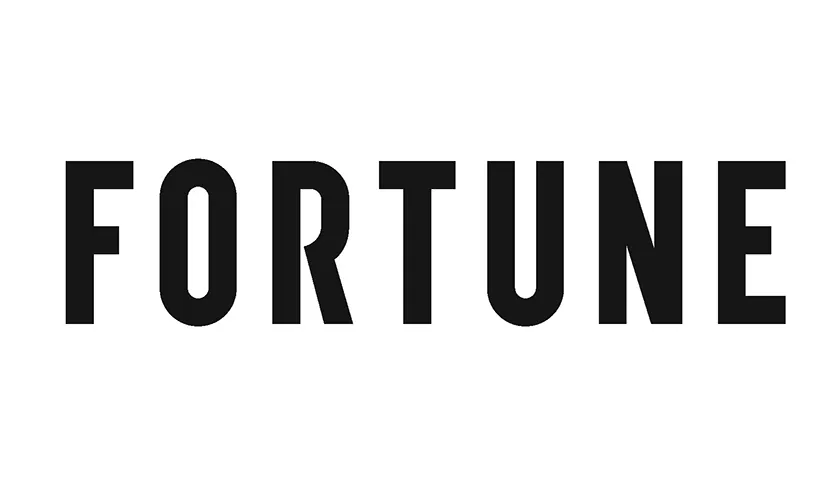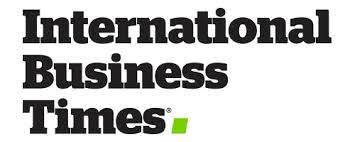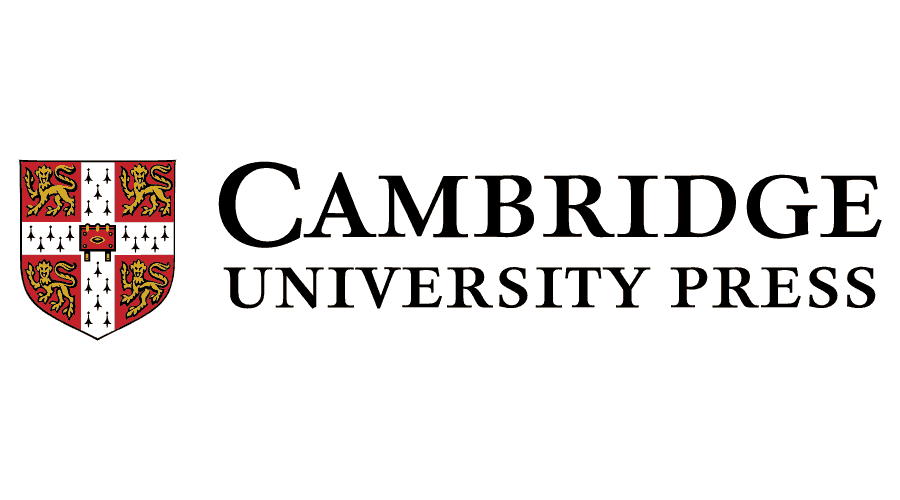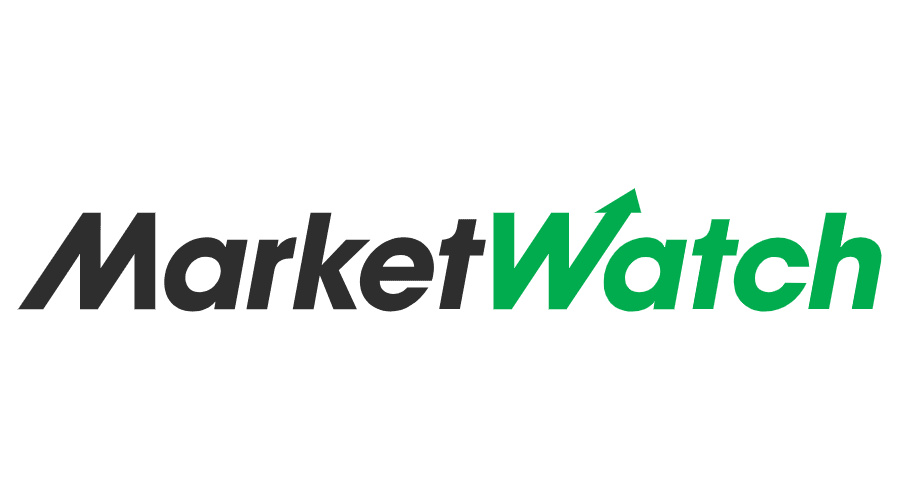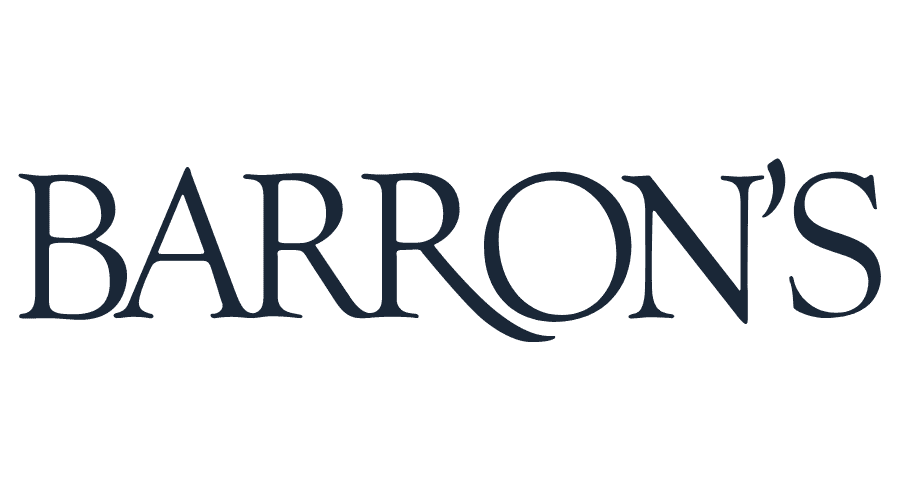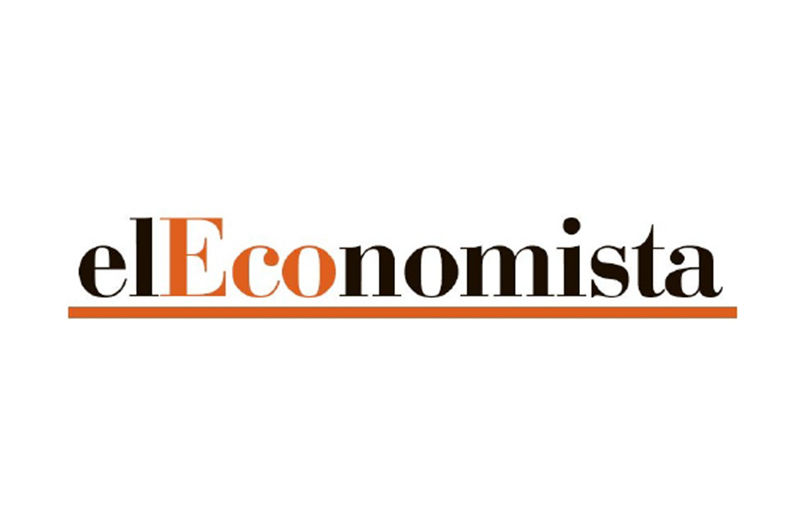UPDATE: Lagarde says the ECB needs to be agile to tackle tariff threat
(Alliance News) - Christine Lagarde on Thursday said the European Central Bank needs to ready and agile as it faces up to the uncertain world caused by US tariffs.
The ECB president was speaking after the Frankfurt-based lender lowered interest rates, as expected, amid the "exceptional uncertainty" caused by global trade worries.
The quarter point cut takes interest rates on the deposit facility, the main refinancing operations and the marginal lending facility to 2.25%, 2.40% and 2.65% respectively.
In a statement, the ECB warned the outlook for growth has "deteriorated owing to rising trade tensions" and that "increased uncertainty" is likely to reduce confidence among households and firms.
In addition, the "adverse and volatile market response to the trade tensions" is likely to have a tightening impact on financing conditions, it said.
"These factors may further weigh on the economic outlook for the euro area," the ECB added.
In March, ECB staff expected growth of 0.9%, 1.2% and 1.3% in 2025, 2026 and 2027.
Speaking to reporters, Lagarde said the economic outlook is clouded by "exceptional uncertainty", although she still expects growth in the first quarter.
"Euro-area exporters face new barriers to trade, although their scope remains unclear," she said, adding that "disruption to international commerce, financial market tensions and geopolitical uncertainty are weighing on business investment".
The central bank requires "readiness and agility" to face the new shocks facing European economy, she said.
She also called for European leaders to act too.
"In the present geopolitical environment, it is even more urgent for fiscal and structural policies to make the euro area economy more productive, competitive, and resilient.”
Lagarde said the most obvious response to tariffs would be a zero for zero response. Re-routing of goods and other policies are being discussed, she added.
Asked whether she viewed tariffs as inflationary or disinflationary, Lagarde said tariffs are a clear demand hit but the net impact on inflation will be only become clearer over time.
Lagarde said the rate cut decision was unanimous, and while other options were debated, no-one argued in favour of a larger 50 basis points cut.
Asked if the ECB was close to a neutral rate, Lagarde said a neutral rate is a concept that works for a "shock-free world", adding "we are not in a shock-free world".
The ECB will need to determine an appropriate monetary policy stance to reach its destination, that is inflation hitting its 2% target, she added.
Asked why the language regarding restrictiveness was removed from the monetary policy statement, Lagarde said it was needed in the past when they were far from target but has become "meaningless at this point."
Lagarde said the independence of central banks is fundamental, adding that she has a lot of respect for Federal Reserve chair Jerome Powell, calling it a "steady, solid relationship".
On the economy, Lagarde said it likely grew in the first quarter and that manufacturing has shown signs of stabilisation.
Lagarde said some of the uncertainty may have gone by the time of the next ECB meeting, but not all of it.
As a result, "there’s no better time to be data dependent," she added, stressing the meeting-by-meeting approach to monetary policy decisions.
"The governing council is not pre-committing to a particular rate path," the ECB's statement said.
The ECB said the disinflation process is well on track, with both headline and core inflation declining in March.
Inflation in the eurozone increased by 2.2% year over year in March, according to Eurostat, lower than February's reading of 2.3%, and in line with forecasts.
Core inflation, which shows prices without volatile components such as energy and food costs, rose 2.4% year over year in March, below 2.6% in February, and lower than forecasts.
ING said what started last year in June as the European Central Bank's very measured attempt to gradually reduce the level of monetary policy restrictiveness has "become a rush towards neutral interest rates, and there's more still to come".
The broker pointed out US tariffs and the "never-ending back-and-forth" have brought back growth concerns for the eurozone, clearly offsetting previous optimism stemming from the German fiscal policy U-turn, at least in the near term."
The broker viewed the rate cut decision also as an "insurance cut Lagarde-style."
"Today's cut won’t do any harm; staying on hold would not only have cast doubt about the ECB’s willingness to bolster growth but could also lead to a further and unwarranted strengthening of the euro," ING noted.
Mohit Kumar at Jefferies said the decision was as expected but felt the press conference was "towards the dovish side."
"Lagarde highlighted increased uncertainty and downside risks to growth. Lagarde also opened the door for taking rates below neutral, arguing that the concept of neutral rates is for a non-shock world and currently we are facing a shock situation," Kumar noted.
"We are not changing our view on the ECB. We still see the next rate cut in June and another in September taking us to terminal rate," Kumar added.
Mark Wall, chief European economist at Deutsche Bank said: "The forwarding-looking view on the economy implies an expected shock from tariffs, and the characterisation of 'exceptional' uncertainty, implies an openness to further monetary easing assuming the trade shock persists and is borne out in the data. We continue to expect another rate cut in June and a terminal rate of 1.5% by year-end."
By Jeremy Cutler, Alliance News reporter
Comments and questions to [email protected]
Copyright 2025 Alliance News Ltd. All Rights Reserved.
